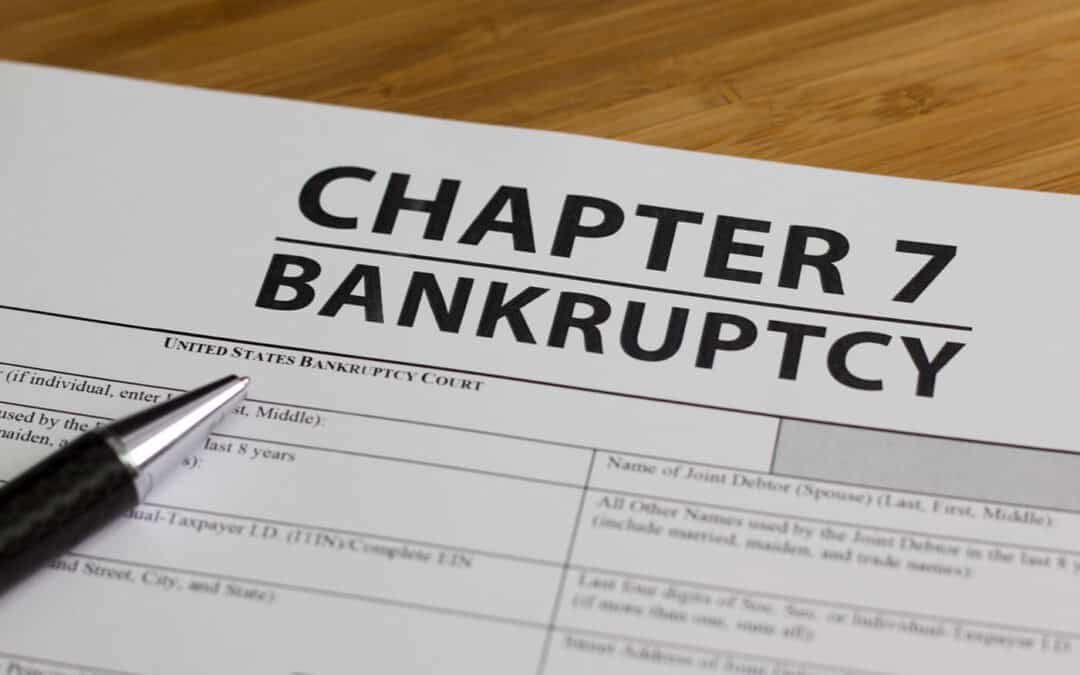Yes is the obvious response to this query. However, after a Chapter 7 bankruptcy judgement, various factors can impact your ability to obtain a mortgage. These include the kind of loan you’re looking for, how long it’s been since your Chapter 7 bankruptcy was discharged, and if you’re eligible for the loan you want.
How long will you need to wait?
You normally have to wait two to four years from the date of the discharge, as shown in the relevant table, depending on the type of loan you want.
Type of Loan | Waiting Period |
Federal Housing Administration (FHA) loan | Two years |
Department of Veterans Affairs (VA) loan | Two years |
Department of Agriculture (USDA) loan | Three years |
Conventional loan | Four years |
While these are the typical wait dates for obtaining a mortgage following a Chapter 7 bankruptcy filing, putting a sizable down payment toward the loan will speed up the process. For instance, if you can afford to put down a down payment of 35 percent, you might be eligible for a traditional mortgage within the first year. Even if you were approved, you would yet have to pay a high interest rate.
Why Would You Want to Wait?
After a Chapter 7 release, you might be able to obtain a mortgage within a year, but waiting longer might be beneficial for you. This is due to the fact that following a bankruptcy discharge, your creditworthiness suffers and it takes time to recover. In this case, if you are approved for a loan, you will have to put down a sizable sum of money and pay a higher interest rate.
Instead, make use of the time you have to repair your credit by building a history that reflects prudent credit use. If money is tight, you might also utilize this time to start saving for the 20% down payment that the majority of traditional loans need. With a higher credit score behind you, you may anticipate a noticeably cheaper interest rate over the course of three to four years.
Over the life of a 30-year mortgage, even a single point increase in mortgage rates might cause you to pay thousands of dollars more in interest.
Mortgage Product Categories that You May Be Eligible For
While obtaining a traditional loan might seem like a good idea, there are some situations where you would be better off obtaining government-backed loans.
Traditional Loans
Depending on your creditworthiness and the size of the down payment, you might be eligible for a traditional mortgage through a bank or credit union. You will require private mortgage insurance if your down payment is less than 20 percent of the home’s selling price (PMI).
FHA Loans
FHA loans allow you to put down as little as 3.5 percent and are provided and managed by the Federal Housing Administration. However, you will then have to contribute more money into PMI.
V.A. Loans
Military veterans, active duty personnel, and veterans’ surviving spouses can all apply for VA loans through the Department of Veteran Affairs. If you meet the requirements, you could obtain a VA loan with no down payment. Additionally, PMI is not an additional cost.
USAID Loans
For rural borrowers who meet the minimum income standards, the U.S. Department of Agriculture offers USDA loans. These standards change depending on where you reside, how many people live in your home, and your age. Additionally, candidates must satisfy other requirements for qualifying. You might be eligible for a loan with no down payment. Even though you won’t require PMI, you will still have to contribute more money to an upfront guarantee cost and an annual fee.
Conclusion
After a Chapter 7 bankruptcy discharge, it is feasible to obtain a mortgage to purchase a home. To rebuild your credit, all you need to do is be patient and utilize the available time. Owning a home is completely within your reach if you play your cards well. Consider speaking with a bankruptcy professional to receive answers to any questions you may have regarding how or when you might be eligible.

